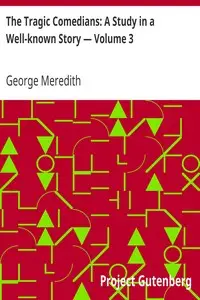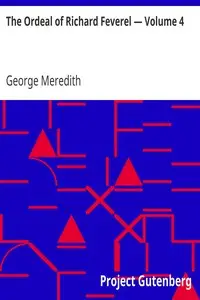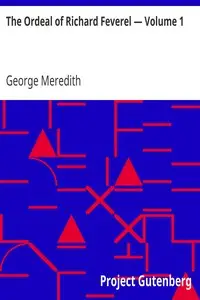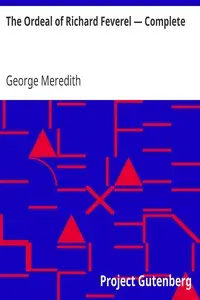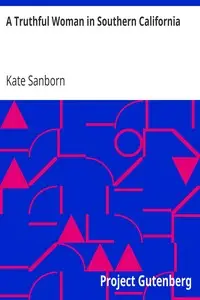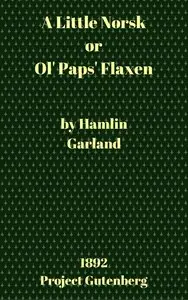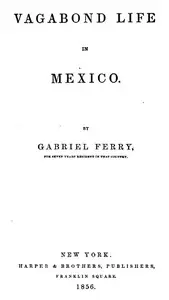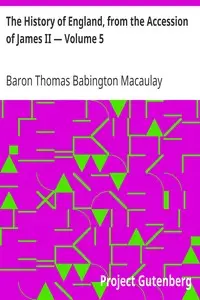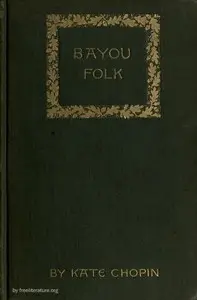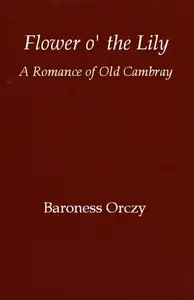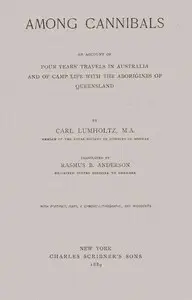"The Ordeal of Richard Feverel: A History of a Father and Son" by George Meredith is a novel written in the mid-19th century. The book explores the complex relationship between Sir Austin Feverel and his son, Richard, as they navigate the trials of love, duty, and societal expectations. At its core, the story delves into the consequences of trying to impose a rigid sense of control and ideology on a young person’s development. The opening of the novel introduces the reader to the characters of Raynham Abbey, particularly focusing on Sir Austin Feverel, who is portrayed as a wealthy yet troubled figure influenced by past disillusionments. We learn about his dynamics with his wife and his friend, Denzil Somers, as well as the aftermath of marital infidelity that leaves him alone with his infant son. As Richard approaches his fourteenth birthday, the narrative hints at an impending struggle between parental authority and Richard's burgeoning independence, foreshadowing the challenges that will arise due to Sir Austin's attempts to enforce his ideals upon Richard. This early section sets the stage for the exploration of the central themes of love, identity, and the parental struggle to guide a child in a complex world. (This is an automatically generated summary.)
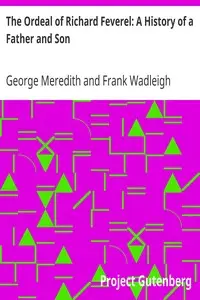
The Ordeal of Richard Feverel: A History of a Father and Son
By George Meredith
"The Ordeal of Richard Feverel: A History of a Father and Son" by George Meredith is a novel written in the mid-19th century. The book explores the co...
George Meredith was an English novelist and poet of the Victorian era. At first, his focus was poetry, influenced by John Keats among others, but Meredith gradually established a reputation as a novelist. The Ordeal of Richard Feverel (1859) briefly scandalised Victorian literary circles. Of his later novels, the most enduring is The Egoist (1879), though in his lifetime his greatest success was Diana of the Crossways (1885). His novels were innovative in their attention to characters' psychology, and also portrayed social change. His style, in both poetry and prose, was noted for its syntactic complexity; Oscar Wilde likened it to "chaos illumined by brilliant flashes of lightning". Meredith was an encourager of other novelists, as well as an influence on them; among those to benefit were Robert Louis Stevenson and George Gissing. Meredith was nominated for the Nobel Prize in Literature seven times.

